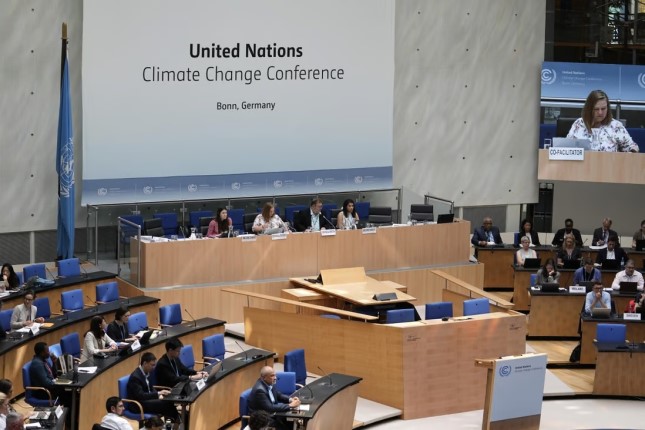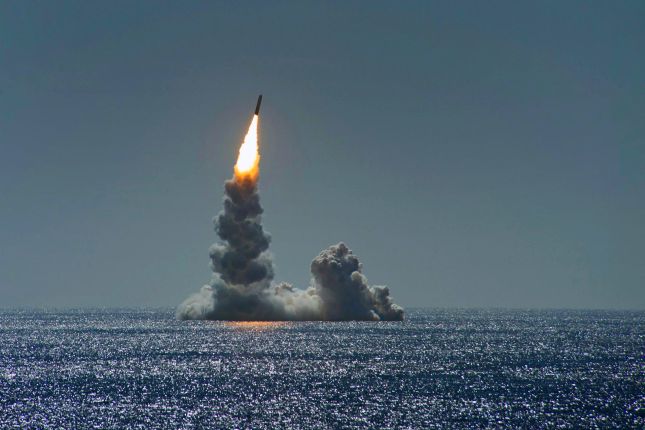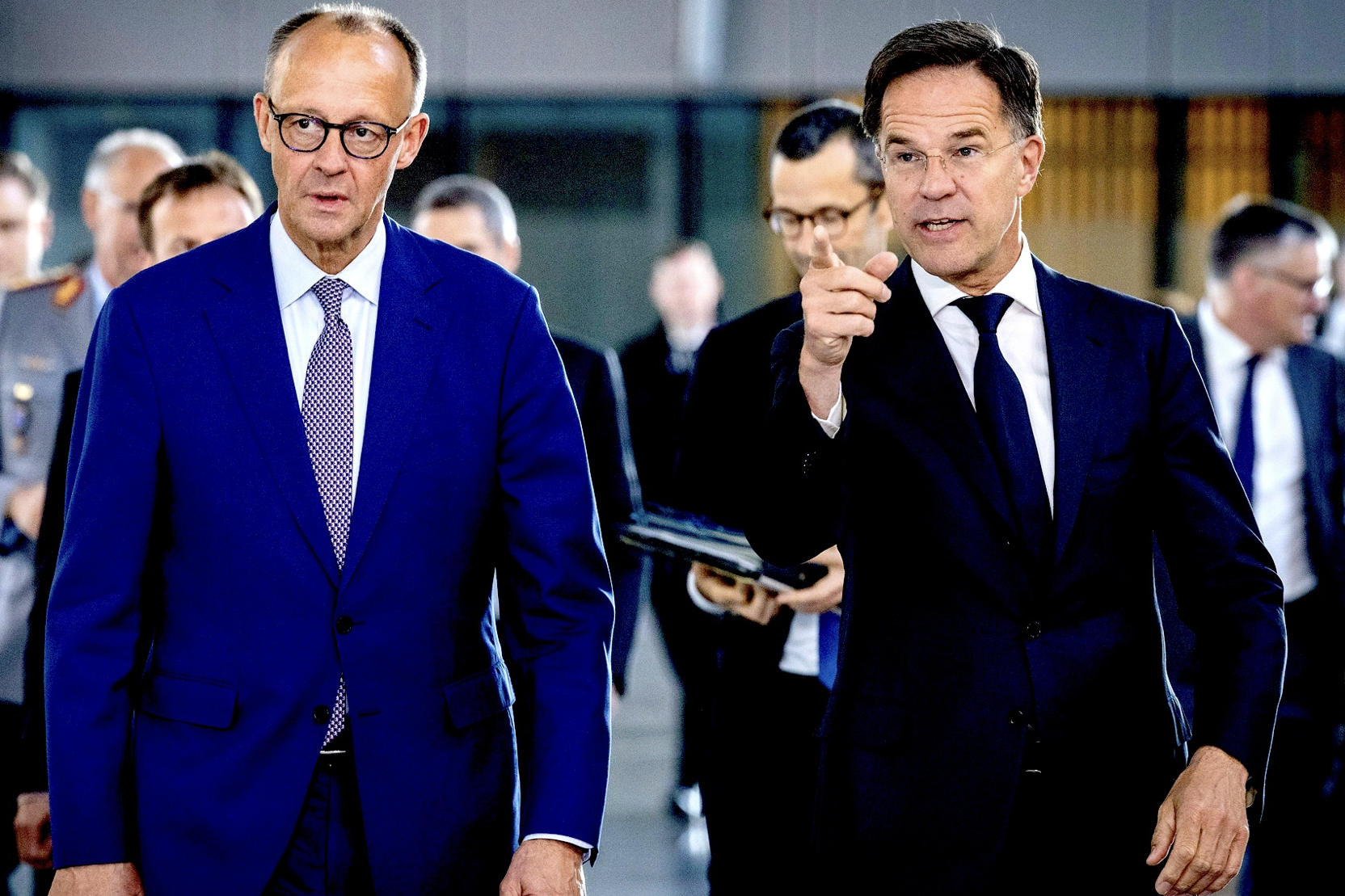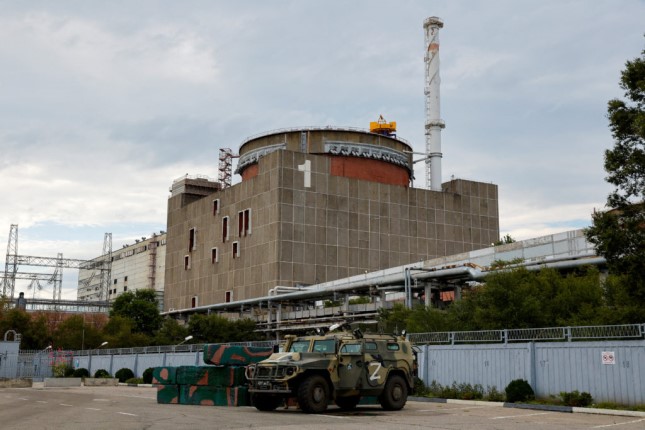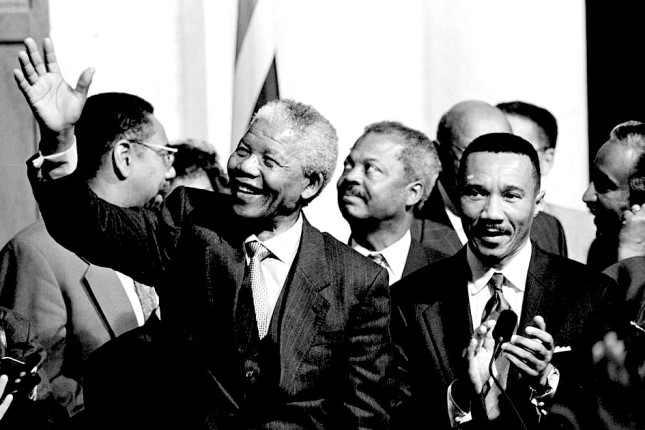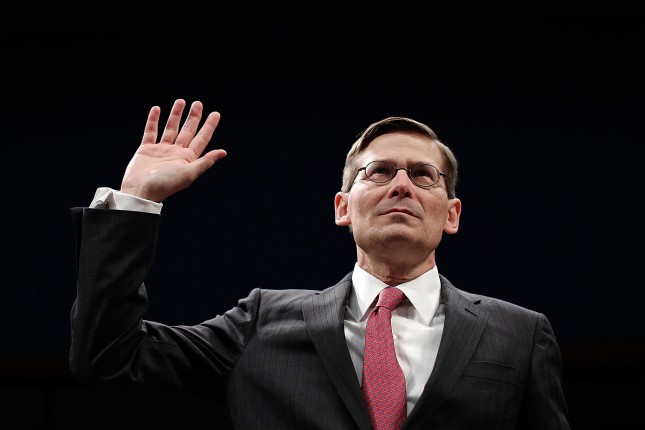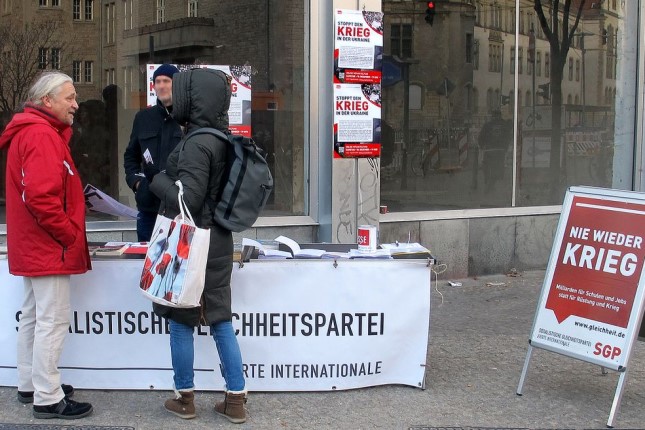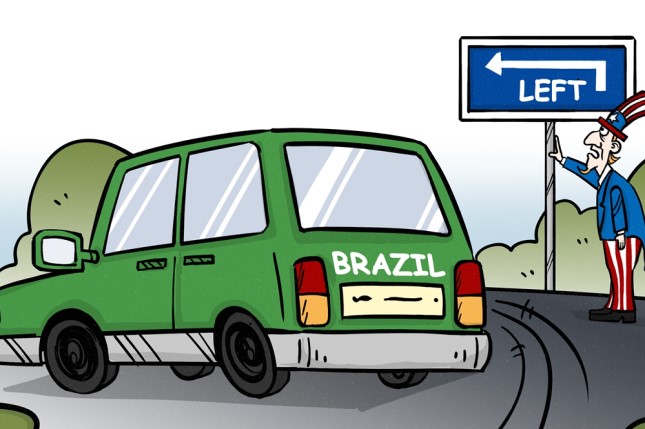Negotiations in Bonn were dominated by arguments over who should be responsible for financing a ‘just transition’ to a clean energy-powered economy.
Bickering over a loss-and-damage fund and mitigation work reveal ‘fundamental geopolitical fault lines’ affecting plans to accelerate climate action.
Rising acrimony between China-backed developing countries and rich Western nations during recent climate change talks in Germany hosted by the United Nations has dealt a significant blow to plans for accelerated action to slow the rate of global temperature increases.
Rather than giving shape to mechanisms to accelerate the reduction of carbon emissions and enhance countries’ ability to adapt to climate change, 11 days of technical talks which ended on Thursday last week were undermined by “process issues delaying action and a lack of trust between countries”, said Fernanda de Carvalho, global climate and energy policy lead of the WWF.
“This doesn’t match the urgency and the need for rapid and deep cuts in emissions highlighted by science.”
The European Union’s Copernicus climate change observatory reported on Thursday that the increase in average global temperatures since the advent of industrialisation had briefly exceeded 1.5 degrees Celsius (2.7 degrees Fahrenheit) in early June.
Climate activists said this demonstrated that existing pledges to reduce carbon emissions would fall far short of constraining the rise in average post-industrial temperature to 1.5 degrees by 2030, the target set under the UN climate change conference’s 2015 Paris agreement.
The world is currently on course to suffer average temperature increases of between 2.5 to 2.8 degrees, according to the latest assessments.
The 1.5 degree-target is still achievable, however, because solar, wind and other renewable energy technologies are capable of taking over from fossil fuels, thereby reducing carbon emissions.
But with the cost of the transition estimated at about US$1 trillion by 2030, negotiations in Bonn between the wealthy Global North and developing Global South were dominated by arguments over who should be responsible for financing a “just transition” to a clean energy-powered economy.
The EU and its mostly Western allies pushed for the inclusion of a mitigation work programme in the conference’s agenda that would require countries to commit to greater reductions in carbon emissions.
Developed countries taking part in the Bonn conference also called on major emerging economies China and India – classified as developing nations by the UN – to do more to cut emissions and contribute to loss-and-damage funds.
The Group of 77 coalition of developing nations plus China responded by demanding that the agenda also include the establishment of a stand-alone loss-and-damage fund to compensate developing countries for climate change impacts.
Backed by most other developing nations taking part, the proposal called for a new loss-and-damage fund that would be independent of existing climate-finance funds, and be financed by grants rather than loans from wealthy nations in recognition of their historic responsibility for the bulk of greenhouse gases emitted since the 1850s.
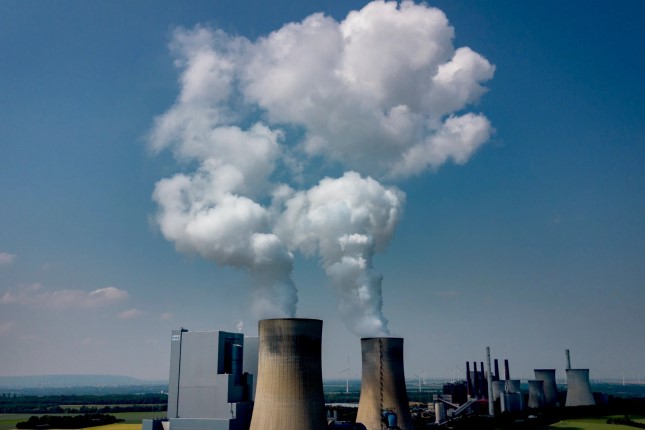
Emissions rise from a coal-fired power plant in Neurath, Germany. The increase in average global temperatures since the advent of industrialisation briefly exceeded 1.5 degrees Celsius in early June. Photo: AP.
Western-led parties balked at this proposal and accused developing nations’ groups of impeding progress in the negotiations.
In turn, developing nations reminded the Global North that they had not yet fulfilled the commitment they made in 2009 to mobilise US$100 billion a year by 2020 to support action on climate change by developing nations.
“There are fundamental geopolitical fault lines we will have to address if we’re able to accelerate climate action,” said Tom Evans, a policy adviser on climate diplomacy and geopolitics for E3G, an environmental think tank based in London.
“At its core, multilateral climate action requires trust and cooperation,” he said, but “trust has been eroded” by unkept promises on climate finance.
Scores of developing countries demanding grants to support their adaptation to clean energy already face unsustainable levels of debt, with government budgets depleted from the Covid-19 pandemic, and the high costs of capital deterring investment, he said.
“It’s critical that developed countries address core issues like these”, which were barriers to the economic development of lower- and middle-income countries, Evans said.
Investing in “just climate transitions in the Global South” was a key step to “rebuilding trust and practically demonstrating that the shift to clean energy” was the development model of the future, he said.
Amid the bickering in Bonn, an agreement on the agenda of the technical talks was only reached on the penultimate day.
It did not include the West-proposed emissions mitigation work programme, and lacked any specifics on the stand-alone loss-and-damage fund called for by developing nations.
The lack of progress in the technical talks threatens to undermine the success of the COP 28 UN climate summit in Dubai at the end of the year, which is widely seen as the last chance for ramped-up global action to meet the 2030 target for temperature increases.
“We’re looking at two opposite ends of a scale that is in perpetual imbalance,” said Haneea Isaad, an energy finance analyst of the Institute of Energy Economics and Financial Analysis, a US think tank.
The Global North in the wake of its development had “left the world polluted and prone to natural disasters” while the Global South “bears the brunt of this”, she said.
Photo: Participants pictured at the United Nations Climate Change Conference in Bonn, Germany, on June 8. Rising tensions between the parties involved have affected plans for accelerated action on climate change © AP.
Source: South China Morning Post.
